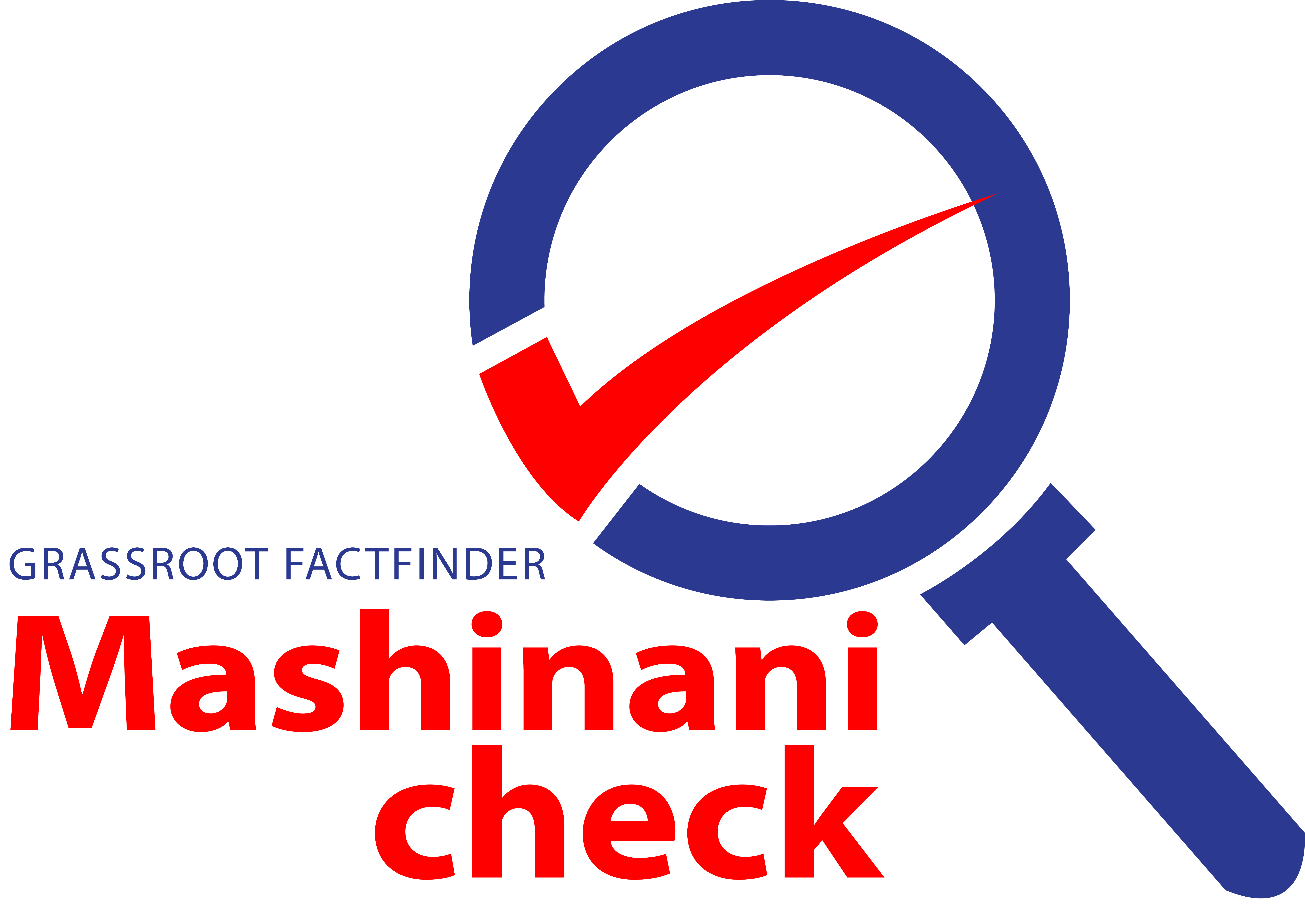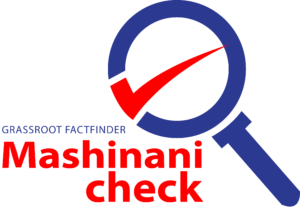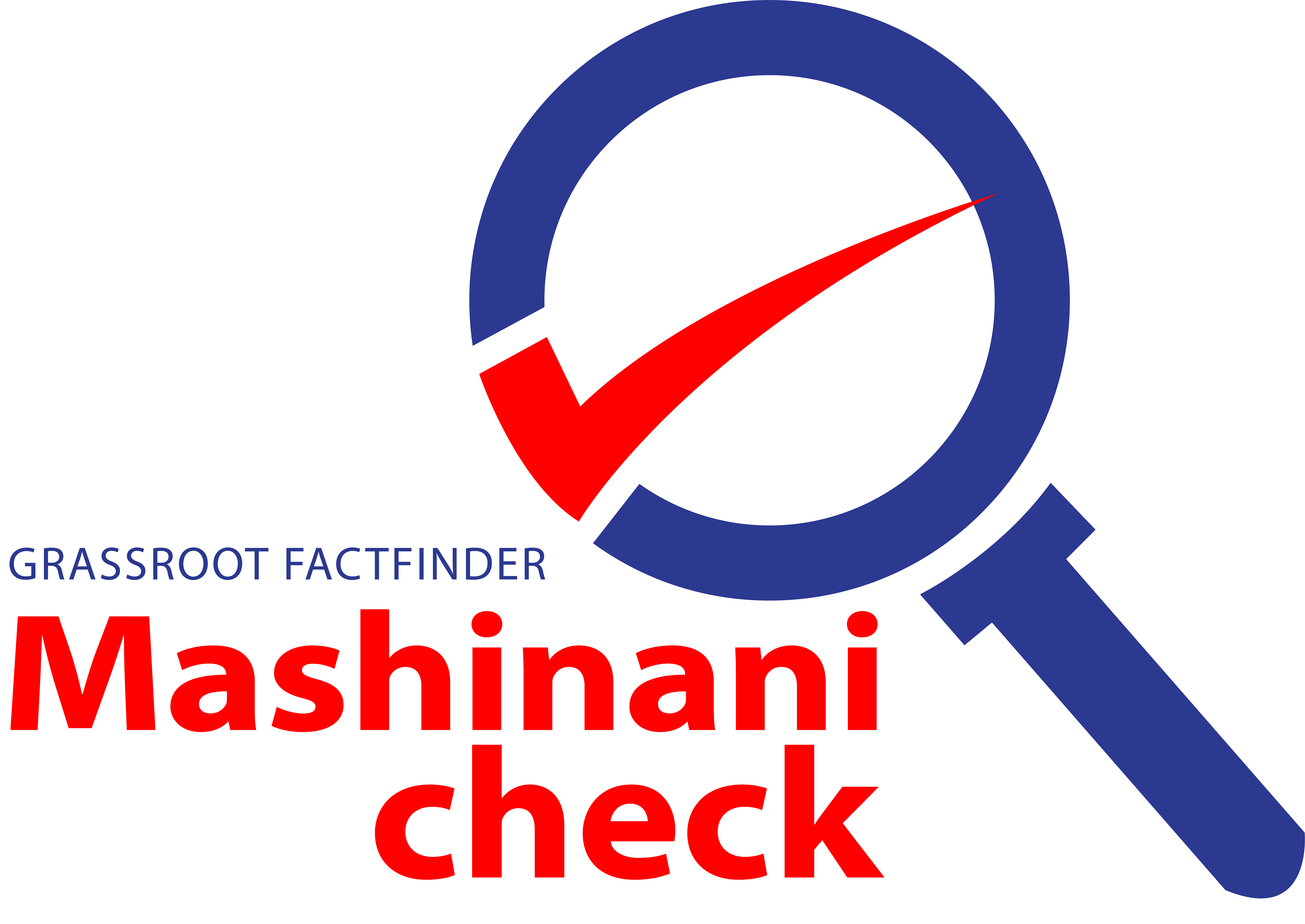By Patrick Egwu & Ekpali Saint

Internet technologies have made it possible for people around the world to access and disseminate information within seconds. These technologies have triggered the development of social media and thrown the public communication space open for public participation, offering people the opportunity to share information including unverified and misleading content without restrictions.
In Nigeria, the increasing amount of fake news spread mostly on social media platforms has continued to threaten public peace and security. But TheCable, an independent online newspaper, is helping to debunk misinformation by promoting a culture of fact-checking in Nigeria. The media outlet has a Fact Check desk, where a team of fact-checkers helps to monitor statements, provides accurate information, and strengthens the culture of truth in journalism in Nigeria.
Lanre Olagunju, the fact-check editor at the outlet, said fake news is a major problem that has huge consequences on society and also affects people in different ways. He said false information, which is circulated daily across different social media platforms with speed, could affect business and instigate violence.
“False information has real-life consequences,” Olagunju said, adding that misinformation could result in the inability to make real-time decisions. “When you fact-check and there is clarity, people can make good decisions. But when there is misinformation, it means that the decision will be based on that misinformation,” he said.
Claire Mom, who joined TheCable in June this year as a fact-checker, said she has been working closely with other fact-checkers to monitor and verify the accuracy of statements made by individuals.
“What we do is to look out for claims and we fact-check them with public records and data made available by credible institutions to find out if it is authentic,” she said.
But before publishing, TheCable adheres to a process of selecting, researching, writing, and editing fact-checks. In addition, it provides true or false ratings for statements made by individuals. Every fact-check also passes through a team of editors, who carefully examine the piece and ensures every fact and figure is accurate.
And to reach a wider audience, Olagunju said fact-check articles written in the English language are translated into Nigeria’s major indigenous languages of Hausa, Yoruba, and Igbo, and then Pidgin English.
“We feel if these fact-checks are being translated into other languages, more people will be able to consume them and also become aware of the impact of having correct information,” he said.
Mom translates every fact-check to Pidgin English. She achieves this by checking records and using technological tools to verify the content of many news stories, photos and videos.
In a recent fact-check published last month, Mom examined a photo showing hundreds of people with claims that they are from the Peoples Democratic Party, Nigeria’s leading opposition party. The photo was circulated on social media and it generated several engagements that misled many during a recent election in the southwest of the country. But using Labnol, a computer tool, Mom and her colleagues discovered the photo was taken during the Muslim’s Eid-el-Kabir prayer in Nigeria’s Kwara State.
“Translating to Pidgin is quite fulfilling,” Mom said. “We are very big on inclusivity at TheCable. We want to reach as many people as we can so fact-checks are not just translated to Pidgin alone, they are translated to other languages so we can reach every person across Nigeria.”
Besides translating fact-checks to indigenous languages and Pidgin English, the publication also produces audio versions and shares them across different social media platforms. This is done mainly to accommodate individuals who can’t read written materials.
“When you view the local translation, you can also click to listen and essentially, that is for the sake of inclusion which affects people with disability because you cannot have such a project and not consider the inclusion component,” says Olagunju. “That component ensures that everybody is carried along because we have those visually impaired who might not be able to read but we have the voice-over for them to listen to the audio and also have that sense of belonging that this fight against misinformation has their community in mind.”
But Olagunju and Mom acknowledged that fact-checking claims and debunking misinformation in Nigeria come with challenges including delays from experts or government officials in confirming statements before publishing.
“Most claims would require you to talk to experts or government officials. But not all public holders want to speak with journalists,” Olagunju said, adding that for every delay in publishing the piece, the false information spreads further.
Still, Mom said she will continue to check the accuracy of the information published on social media and in the mainstream media.
“I am very passionate about what I do and I am determined to put the correct information out there for the public,” she said.
Source, Jamlab.Africa




